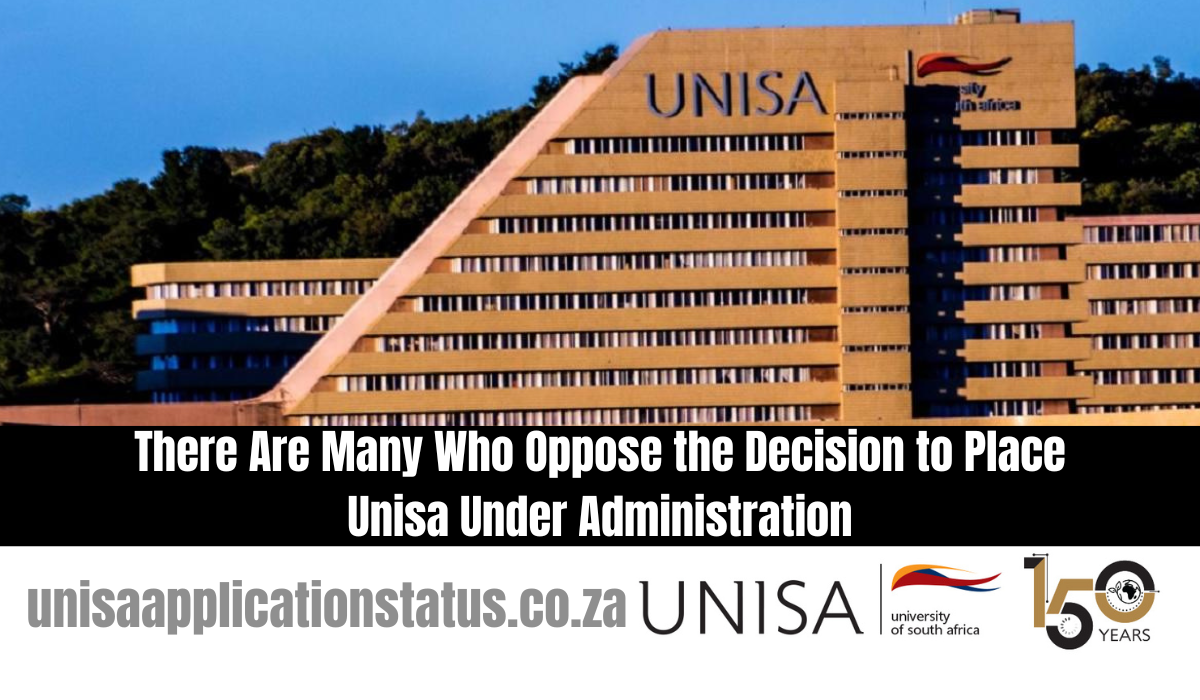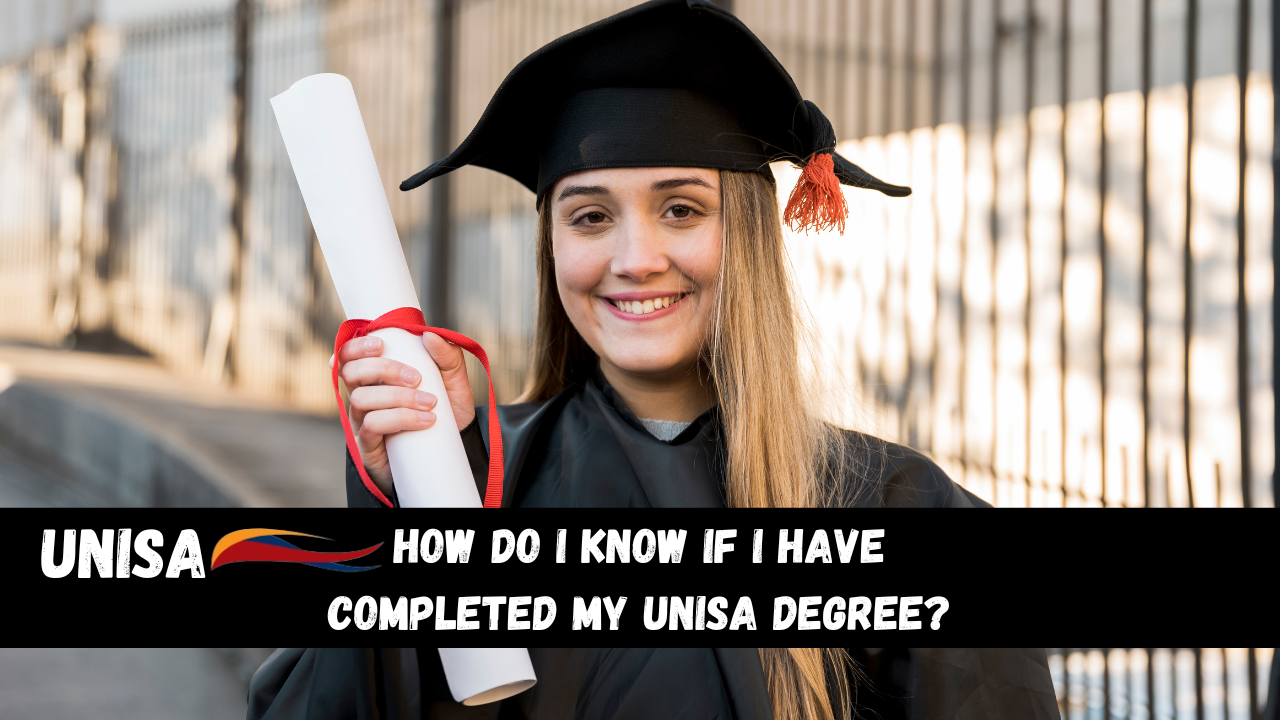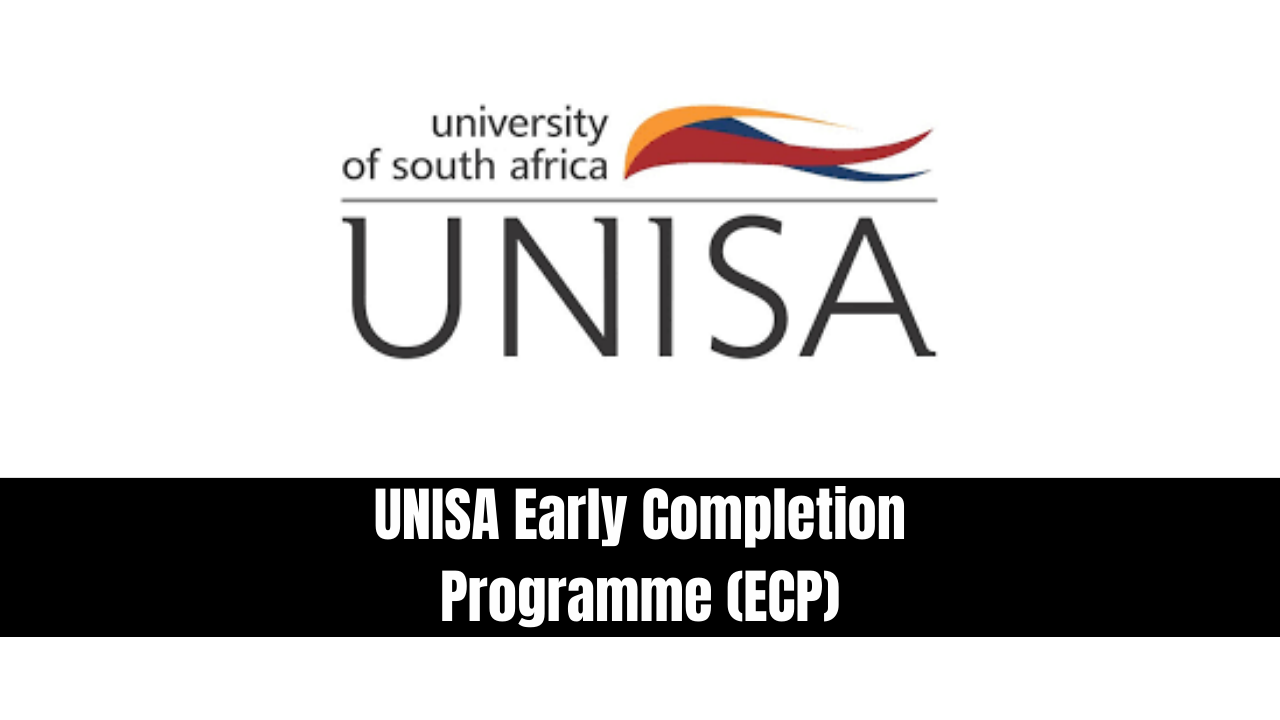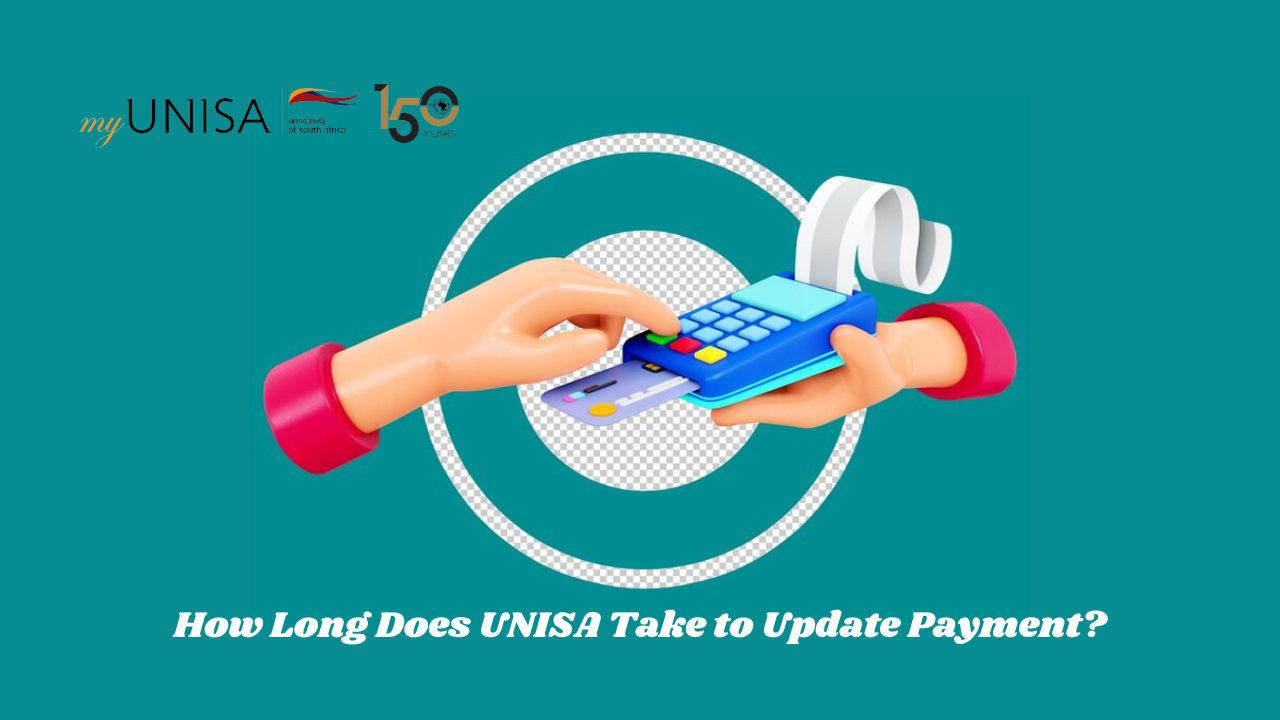There Are Many Who Oppose the Decision to Place Unisa Under Administration.The Higher Education Department’s move to place the University of South Africa (Unisa) under administration has ignited significant backlash from various parties, most notably the university staff and the institution’s council.
There Are Many Who Oppose the Decision to Place Unisa Under Administration
Earlier this month, the Minister of Higher Education, Blade Nzimande, declared his intention to put Unisa under administration. This decision was communicated to Unisa council chairperson, James Maboa, following adverse findings from an independent report conducted by Professor Themba Mosia. The report’s revelations have since stirred numerous discussions in both academic and public domains.
Mametlwe Sebei, a Unisa lecturer in professional ethics, perceives this move as a direct assault on the university’s autonomy and independence.
Reasons for the Administration
Prof Mosia’s comprehensive 300-page report, submitted to the DHET earlier this year, highlighted several issues at Unisa. Among the findings were maladministration, poor financial management, and a management committee that lacked cohesion and the maturity to manage such a vast institution effectively.
[irp]Minister Nzimande emphasized the necessity of an administrator to ensure Unisa’s efficient operation and its sustained contribution to South African higher education. He also referenced a review by the MTT on Unisa’s financial sustainability and its preparedness for the Fourth Industrial Revolution’s challenges. Both reports concurred that appointing an administrator would be in Unisa’s and the broader educational sector’s best interest.
Opposition to the Decision
Sebei, supported by various staff and council members, contests this move. They argue that the decision lacks legal justification and infringes on the university’s autonomy. Sebei points out that the independent assessor’s report merely reiterated the findings of the Ministerial Task Team report and brought forth baseless sensational claims.
[irp]Highlighting the significant changes in Unisa’s management since the MTT report, Sebei mentioned the appointment of a new vice-chancellor and the substantial efforts to rectify the situation. He urged trade unions and student movements to resist Nzimande’s decision and champion the democratic election of the university council.
Dr Seán Muller, from the Johannesburg Institute of Advanced Study, remarked that placing Africa’s largest university under administration is a monumental decision in democratic South Africa. While acknowledging Unisa’s challenges, Muller questioned the effectiveness of an administrator in resolving them.
Legal Proceedings Initiated by Unisa Council
In response to the decision, the university’s council, alongside Unisa, has embarked on legal action to contest the findings of the independent assessor’s report. Both parties have submitted applications to review and nullify the report.
[irp]Maboa has urged Minister Nzimande to await the court’s ruling on the report before finalizing his decision on the administrator’s appointment. The council also seeks a court order to prevent Nzimande from acting on any of Prof Mosia’s recommendations.
Although Nzimande initially provided the council a seven-day window for written feedback, the ongoing legal proceedings’ gravity has extended this period to 30 days. The new deadline for responses is set for 4 September 2023.






